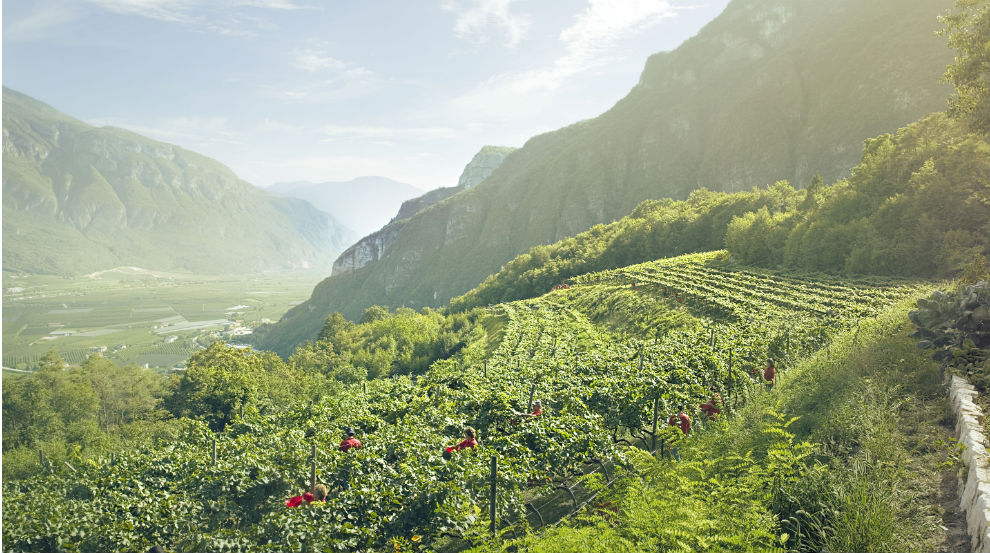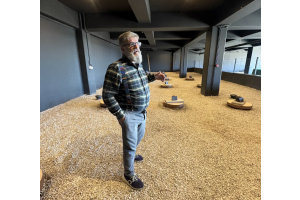
"Postcards from Vinitaly" is a series of daily dispatches from the long-running international wine competition and exposition held annually in Verona, Italy. Check in every day for the latest from the event.
For years, although seldom mentioned, Italian producers have made elegant and satisfying wines that also happened to be organic. This was due in part to the small and fragmented nature of Italian viticultural holdings; it is difficult to maintain organic purity when your small vineyard patch occasionally sits under the residue of your neighbor's pesticides. Also European winemakers were only allowed to certify grapes as organic — not wines. Add to this the competition between certifying bodies, each with its own set of rules, and it is easy to understand why some producers simply went about their business without ever proclaiming their devotion to organic methods. However, a part of the organic "issue" may have been resolved by the intervention of a European Union Directive, which went into effect on August 1 of 2012, a ruling that would both allow and, henceforth, govern the production and labeling of organic wine.
I spoke with Camilla Lunelli, Communications Director, owner of the sparkling wine company Ferrari, about the organic movement in general. “In 2009 we started a project aimed at creating sustainable mountain viticulture among the growers. We did it for the health of the people who work in the vineyards as well as for the consumer. In the beginning they were skeptical but now more than 95% of the families in the area are following our lead.”
Several enthusiastic interviews later I found myself ringing a doorbell mounted on a blank rust-colored wall in a bustling exhibition hall. A door slid open and I stepped into the world of Avignonesi. This historic Tuscan producer of Montepulciano and Cortona wines was purchased in 2009 by Virginie Saverys, who quickly set about converting the property to organic methods, as well as applying the more spiritual biodynamic rituals.
“What really convinced me to go organic when I took over the estate,” said Saverys, “was seeing the protective clothes that my farmhands had to wear to deliver pesticides. I said, 'This has got to stop.'”
At the end of another day in Verona, I've informally come to a conclusion: if a producer mentions the health of the people who actually work in the fields before mentioning the demands of the market, then you are standing in front of a true believer in organic farming.









